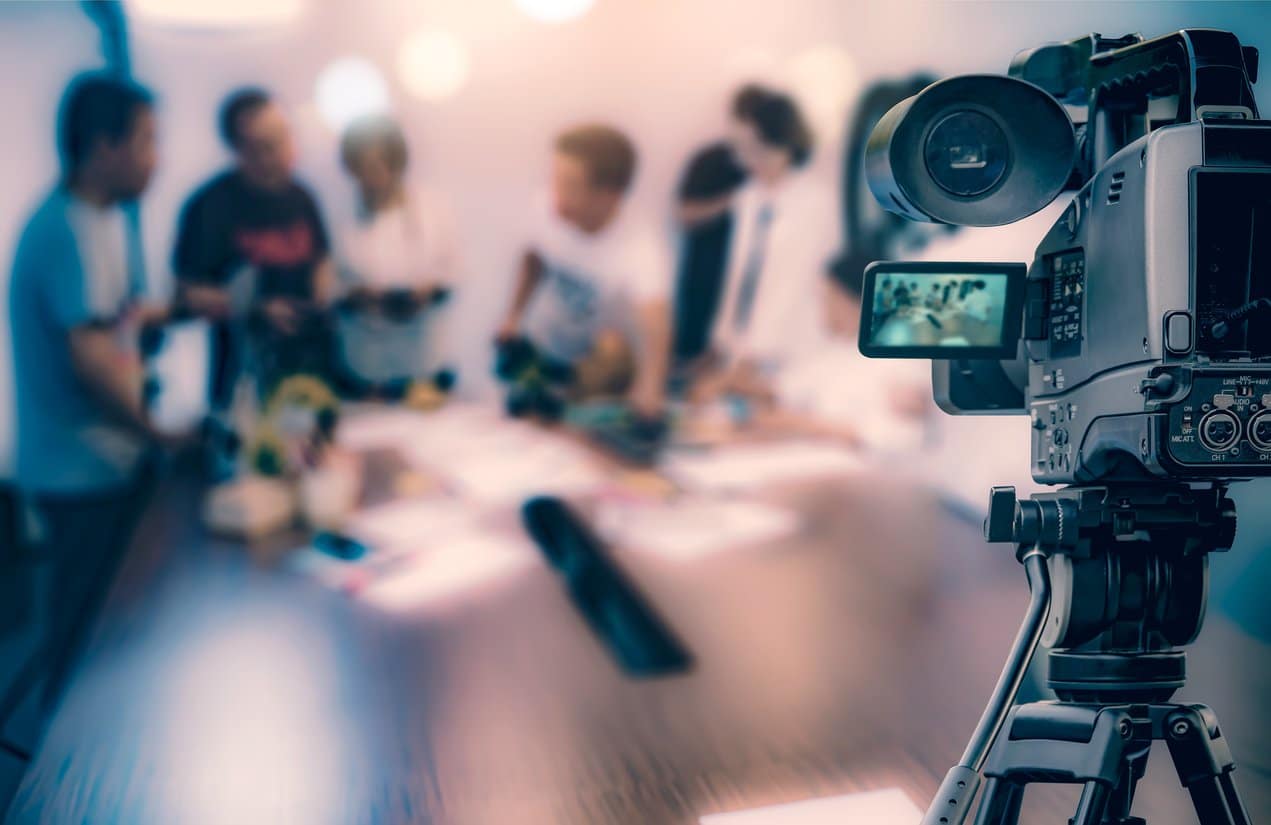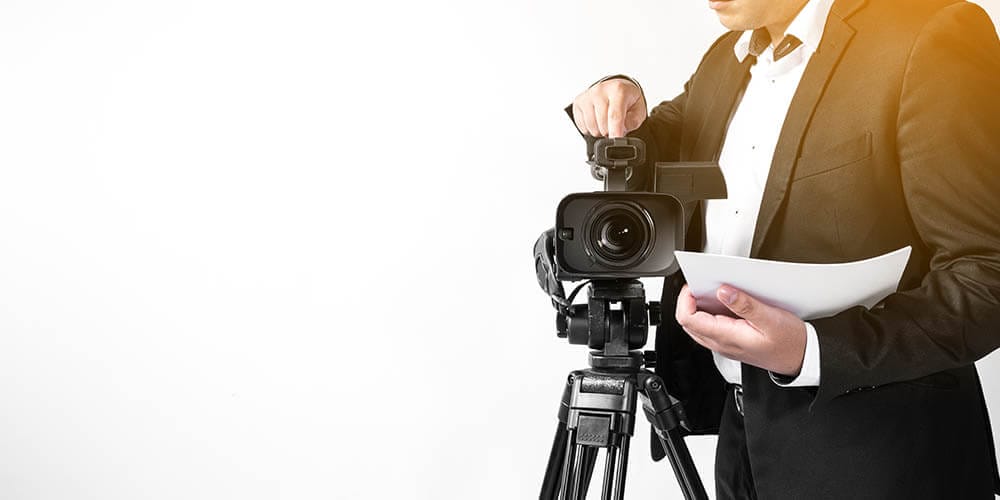The Duty of Lawful Videography in Depositions and Trials
Legal videography has actually arised as an essential tool in both depositions and trials, offering a complex technique to recording witness testaments. As lawful specialists progressively acknowledge its worth, it motivates a much deeper examination of how these visual documents can affect juror assumptions and trial end results.

Value of Legal Videography
Legal videography plays a pivotal function in the documentation and discussion of depositions and trials. This customized area combines technological skills with lawful expertise to produce a dependable record of procedures that can considerably influence instance end results. The aesthetic facet of legal videography boosts the understanding of witness statement, permitting jurors and judges to observe not just the talked words yet also the disposition, feelings, and body movement of the witnesses.
Additionally, legal videography offers an unbiased account of events, decreasing the potential for false impression that can accompany composed records alone. This visual documents acts as a critical tool throughout trial presentations, promoting a more clear and more influential narrative for both plaintiffs and offenders. The capability to replay video clip sectors during court procedures allows legal groups to highlight vital factors, enhancing their arguments effectively.
The significance of lawful videography prolongs beyond the court; it additionally plays a vital duty in protecting proof for future reference, whether for charms or additional lawsuit. Its assimilation right into the lawful process is essential for making sure a reasonable and accurate depiction of the realities, eventually adding to the pursuit of justice.

Process of Legal Videography
While catching the subtleties of depositions and trials, the procedure of lawful videography entails several vital steps that guarantee high-grade, accurate recordings. At first, an expert legal videographer prepares by assessing the case materials and understanding the specific requirements of the deposition or trial. This prep work consists of familiarizing themselves with the participants and the context, which helps in recording important information.
On the day of the recording, the videographer establishes up the needed tools, which generally consists of high-def electronic cameras, microphones, and correct lighting. Making sure optimal angles and audio high quality is crucial, as it straight influences the efficiency of the recording. The videographer connects with lawyers and individuals to develop methods, making sure that everybody recognizes the recording process.
Throughout the deposition or test, the videographer carefully tapes the process, paying very close attention to both verbal and non-verbal signs. This includes capturing the attitude and reactions of witnesses and attorneys. After the session ends, the videographer may edit the video footage for clarity and compliance with legal criteria, producing an end product that properly reflects the procedures for future referral and usage in lawful contexts.
Benefits in Depositions
The unification of videography in depositions offers numerous benefits that boost the overall process of gathering proof. One main advantage is the ability to capture witness statements with aesthetic and auditory integrity, offering an extra precise representation of the he has a good point witness's disposition, tone, and body movement. This multidimensional technique enables lawyers and juries to analyze integrity better than conventional written records alone.
Additionally, videographed depositions act as a powerful device for maintaining statement. Ought to a i was reading this witness come to be not available for test, their tape-recorded deposition can be played in court, making certain that their proof continues to be easily accessible and relevant. This element considerably decreases the threat of shedding crucial details that might influence case results.

Lastly, videography improves the total professionalism and reliability of the deposition procedure, instilling confidence in customers concerning the thoroughness of their legal depiction (legal videography). By leveraging innovation, lawful experts can substantially improve the performance of depositions
Impact on Trials
In numerous tests, the combination of videography can considerably affect the discussion of evidence and the jury's understanding. Legal videography catches witness statements and vital proof in a vibrant format, allowing jurors to engage with the product on several levels. This visual part enhances the storytelling aspect of a test, offering context and psychological resonance that traditional text-based evidence may do not have.
Moreover, video recordings can work as powerful tools for impeachment during cross-examination. When discrepancies emerge between a witness's prior statements and their court testimony, video clip proof provides an unbiased referral that can guide jurors' point of views. This immediacy and clearness can boost the reputation of a party's story while at the same time undermining opposing debates.

Future Trends in Legal Videography
As we look toward the future of lawful videography, a number of arising trends promise to have a peek here improve its duty within the court. One considerable pattern is the integration of artificial intelligence (AI) in video analysis and modifying. AI can improve the process of recognizing essential minutes in videotaped depositions, allowing attorneys to rapidly access pertinent content, therefore improving performance in case preparation.
Additionally, the increase of virtual reality (VR) and increased reality (AR) innovations is expected to change how jurors experience evidence. legal videography. By submersing jurors in a simulated setting, these innovations can supply a much more extensive understanding of intricate circumstances, bring about more educated deliberations
Additionally, the increasing demand for remote depositions, sped up by the COVID-19 pandemic, will likely proceed. Legal videographers will certainly need to adapt to brand-new software application and platforms to ensure high-quality recordings in digital settings.
Finally, the growing emphasis on data protection will require more stringent procedures for storing and sharing video clip proof. As the lawful landscape advances, lawful videographers need to stay abreast of these patterns to preserve their importance and performance in the judicial procedure.
Verdict
In summary, legal videography serves a critical function in the judicial process, boosting the stability of depositions and tests. By recording the subtleties of witness testimonies, this tool not just maintains necessary evidence yet additionally help in presenting info effectively to jurors. The importance of visual documentation in examining reliability and assisting in interrogation can not be overstated. As technology remains to evolve, legal videography is positioned to more change its role within the legal landscape.